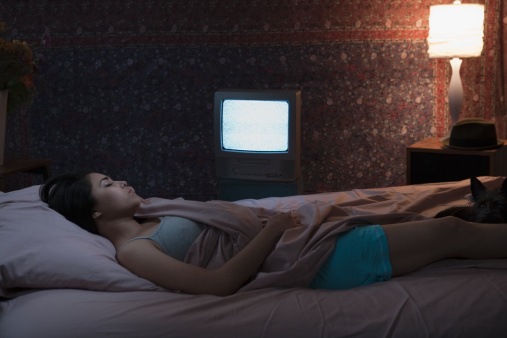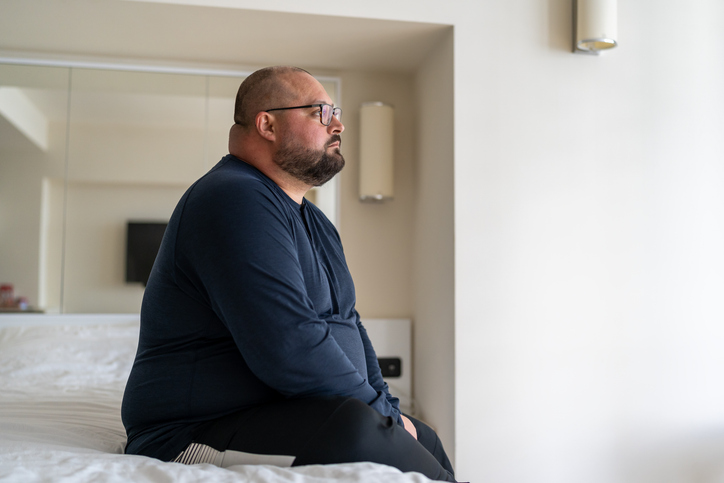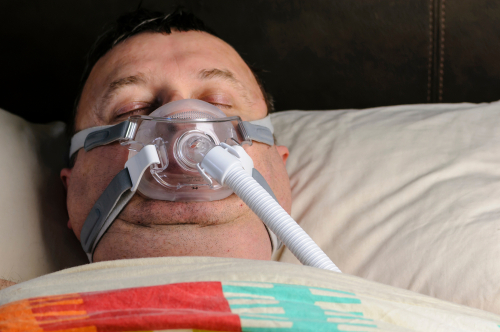
Exposure to artificial light at night (ALAN) was associated with weight gain and obesity in women, according to a study published in JAMA Internal Medicine.
“Humans are genetically adapted to a natural environment consisting of sunlight during the day and darkness at night,” said Dr. Chandra Jackson, PhD. in a press release about the study. “Exposure to artificial light at night may alter hormones and other biological processes in ways that raise the risk of health conditions like obesity.”
In this baseline and prospective analysis study, researchers enlisted 43,722 women, aged 35 to 74 (mean age, 55.4) enrolled in the Sister Study across all 50 US states and Puerto Rico from July 2003 through March 2009. To qualify for enrollment, the population of interest were required to have no history of cancer or cardiovascular disease, could not have been shift workers, daytime sleepers, or pregnant at baseline. The study exposures comprised of ALAN, which was defined as no light, small nightlight in the room, light outside the room, and light or television in the room. The study outcomes and measures included prevalent obesity at baseline and was measured based on general obesity (body mass index [BMI] ≥30.0). The researchers prompted the participants to self-report BMI at enrollment, which was compared with self-reported BMI at follow-up (mean follow-up, 5.7 years). They analyzed data from September 2017 through December 2018.
Findings Could Serve as a Public Health Strategy
Results of the study indicate than ALAN exposure while sleeping correlated with a higher prevalence of obesity at baseline using BMI (PR, 1.03; 95% CI, 1.02-1.03), WC (PR, 1.12; 95% CI, 1.09-1.16), WHR (PR, 1.04; 95% CI, 1.00-1.08), and WHtR (PR, 1.07; 95% CI, 1.04-1.09). Moreover, ALAN exposure was linked with incident obesity (RR, 1.19; 95% CI, 1.06-1.34). When juxtaposed to sleeping with no artificial light, sleeping with a TV on or a light in the room exhibited a positive associated with gaining 5 kg or more, resulting in a BMI increase of over 10%.
Sleeping with artificial light at night associated with weight gain in women https://t.co/dXX0T2cANP pic.twitter.com/EftAdPyPHa
— Bioengineer.org (@bioengineerorg) June 10, 2019
“Although poor sleep by itself was associated with obesity and weight gain, it did not explain the associations between exposure to artificial light while sleeping and weight,” said corresponding author Dale Sandler, Ph.D., chief of the Epidemiology Branch at the National Institute of Environmental Health Sciences (NIEHS), part of NIH.
Lead author Dr. Yong-Moon (Mark) Park, M.D., PhD., feels the research could serve as a viable public health strategy for combating obesity in women. “Unhealthy high-calorie diet and sedentary behaviors have been the most commonly cited factors to explain the continuing rise in obesity,” Park said. “This study highlights the importance of artificial light at night and gives women who sleep with lights or the television on a way to improve their health.”
Sleeping with artificial light at night associated with weight gain in women https://t.co/V36voiqKVz
— Crwe World (@CrweWorld) June 10, 2019
Sleeping with artificial light at night associated with weight gain in women https://t.co/iWC1iiH4zm pic.twitter.com/p7yMJpax96
— ScienceBlog.com (@ScienceBlogTwit) June 10, 2019
Source: JAMA Internal Medicine, National Institute of Environmental Health Sciences







 © 2025 Mashup Media, LLC, a Formedics Property. All Rights Reserved.
© 2025 Mashup Media, LLC, a Formedics Property. All Rights Reserved.